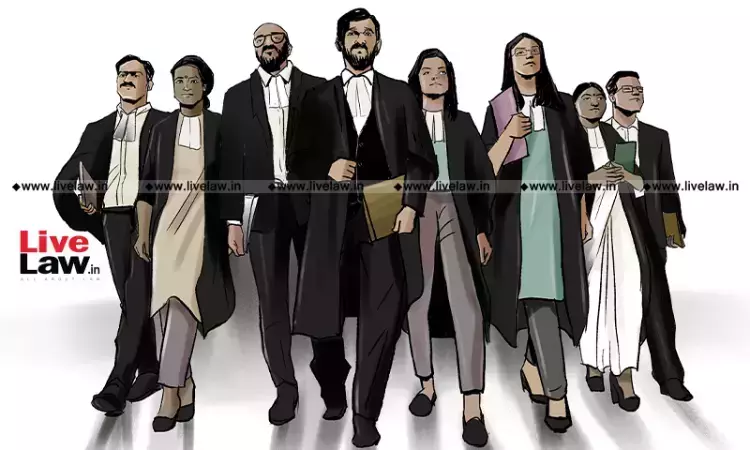Today, the Supreme Court resumed its hearing on the crucial point of whether services rendered by the lawyer would come within the ambit of the Consumer Protection Act of 1986. The issue, which is relevant for members of the Bar, emerged from a judgment delivered by the National Consumer Disputes Redressal Commission in 2007. The Commission had ruled that the services rendered by...

